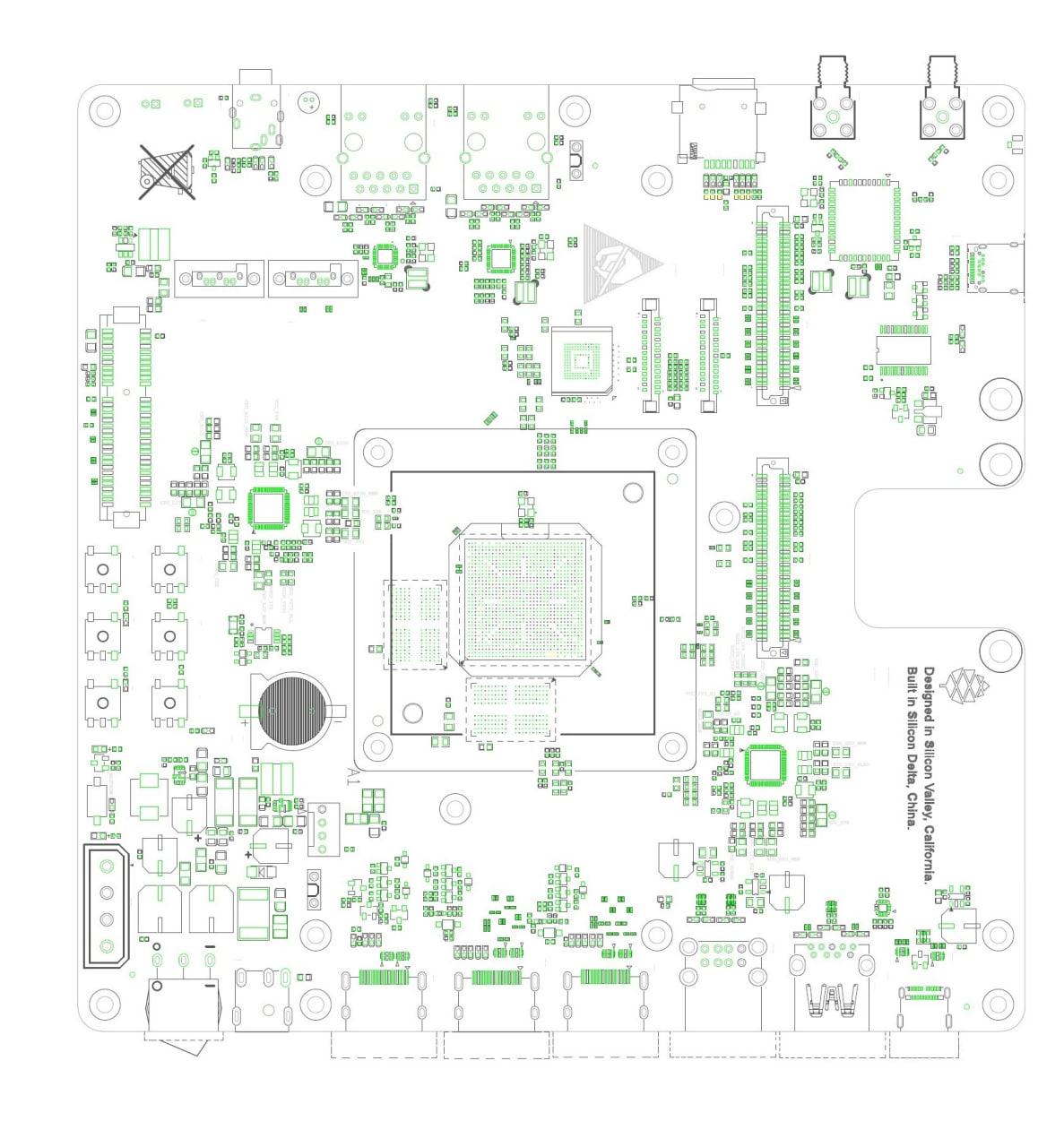Linux Hits 6.0 as New Kernel is Released
Raptor Lake and Arc Alchemist support included
Get Tom's Hardware's best news and in-depth reviews, straight to your inbox.
You are now subscribed
Your newsletter sign-up was successful
Owners of Raptor Lake and Arc Alchemist rigs desperate to escape the Microsoft hegemony and explore the world of open-source software awoke to good news today, with the announcement that version 6.0 of the Linux kernel will directly support their cutting-edge platforms.

It’s also good news for owners of Qualcomm Snapdragon 8cx Gen3-powered laptops, plus other Arm-based SoCs and Chromebooks, including the Allwinner H616, found in TV streaming boxes and the NXP i.MX93 embedded processor board. Raspberry Pi 4 users also get a v3d graphics driver, updated drivers for AMD’s RDNA 3 GPUs, RISC-V platforms get additional extensions, and the H.265/HEVC codec has moved to 'stable' status. Rockchip RK3588 devices, such as the Pine64 QuartzPro64 (pictured above), also receive an MMC driver for their onboard storage.
Bigger news than that, however, is the improved support for the Chinese LoongArch CPU architecture, which received tentative backing in the previous 5.19 kernel, but was unable to boot thanks to missing drivers. That’s all fixed in kernel 6.0, opening up the OS family to a whole new set of computers. It also improves the amount of hardware that can be used in Linux on LoongArch, with initial support for PCI on the platform. This means Linux could soon run on the recently announced Loongson 16-core server chips.
The jump from 5.19, the kernel used in the new Ubuntu 22.10 beta, to 6.0 comes from a quirk of Linux overlord Linus Torvalds, who doesn’t like to see version numbers get too big. “The major version number change is more about me running out of fingers and toes than it is about any big fundamental changes,” he wrote in a Linux Kernel Mailing List message, adding: “Of course there's a lot of various changes in 6.0 - we've got over 15k non-merge commits in there in total.”
Torvalds did, however, hint at big things to come in the future: “Tomorrow I'll open the merge window for 6.1. Unlike 6.0, which has a number of fairly core new things lined up.”
The new kernel should be available to install in major Linux distros with a simple update as soon as the package maintainers push it through. Of course, users of smaller or more exotic flavors of the OS may have to take matters into their own hands, but that’s the joy of Linux.
Get Tom's Hardware's best news and in-depth reviews, straight to your inbox.

Ian Evenden is a UK-based news writer for Tom’s Hardware US. He’ll write about anything, but stories about Raspberry Pi and DIY robots seem to find their way to him.